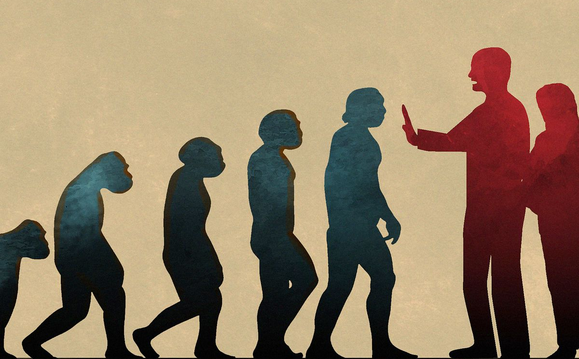“These aren’t people,” President Trump said Wednesday at a White House meeting with California officials. “These are animals.” In a tweet Friday morning, Trump specified that he was referring to MS-13 gang members and not “Immigrants, or Illegal Immigrants,” in general, and called this “a big difference.” Is it, though? Also, Trump has said many negative things about many groups; why should his choice of term here, regardless of whether it was applied narrowly to a murderous gang, be particularly troubling?
The answer to both questions lies in the distinction between dehumanization — seeing people as animals — and prejudice or dislike. The two are related, but dissimilar enough that different regions of the brain are active, depending on which judgment is being rendered. Dehumanization is a special evaluation of others, and it is consistently associated with hostility or antagonistic behavior. What’s more, people are adept at visiting the sins of another group’s extremists on the group as a whole. If you evaluate MS-13 gang members as not human, for example, you are likely to extend that dehumanization more generally to Central American immigrants and others who cross the border illegally — and to support hostile policies and behavior toward them.




